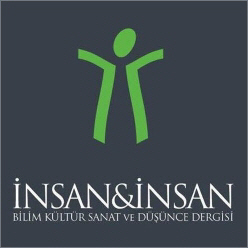Salih Tosun
Abstract: The rapidly increasing housing and rental prices in Turkey are placing a strain on low- and middle-income households, leading to a rise in the rental burden and a decrease in housing affordability. This situation heightens tenants’ concerns about housing, negatively impacting mental health, well-being, and income distribution. This study aims to examine the housing issues faced by tenants in Turkey from a phenomenological approach, focusing on their effects on individuals’ mental health, general well-being, and income distribution. Semi-structured interviews were conducted with 18 Turkish participants who had at least one year of rental experience between February and June 2024. Thematic analysis identified themes such as stress and anxiety, depression, quality of life, social welfare, housing policies, and income distribution balance, which were categorized under mental health, well-being, and income distribution. The study shows that the housing issue directly shapes tenants’ concerns about mental health, well-being, and income distribution, with mental health playing a central role in this interaction. The economic and psychological challenges experienced by tenants highlight the need for broader social and economic reforms in the housing market.
Keywords: Housing problem, Housing, Mental health, Social welfare, Income distribution
Salih Tosun
DOI: 10.29224/insanveinsan.1558813
Year 12, Issue 39, Winter 2025

Tam metin / Full text
(Turkish)

This work is licensed under a Creative Commons Attribution-NonCommercial 4.0 International License.
